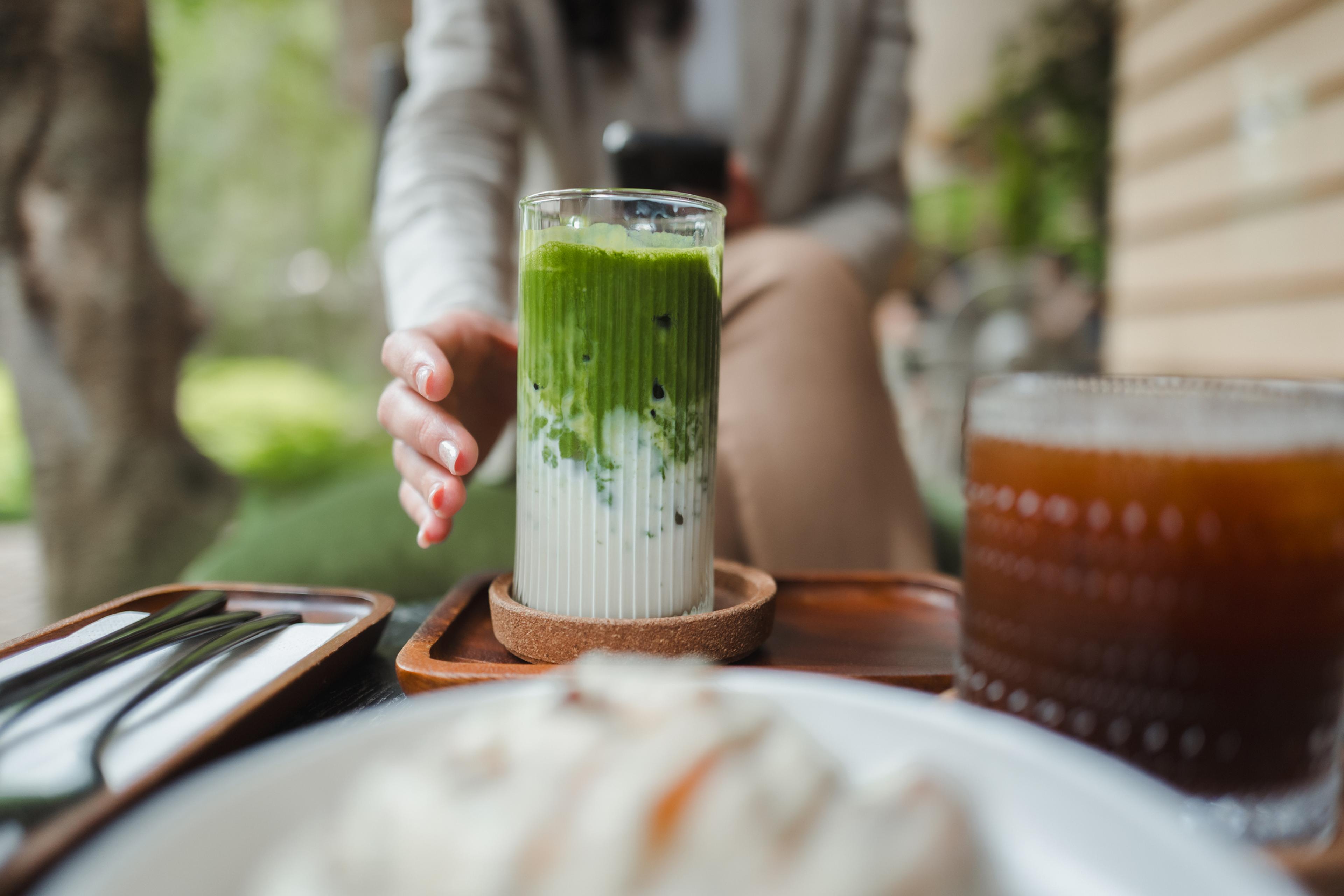Matcha on the Brink: Why We're Running Out and How to Drink Smart

Lindsay Knake
| 4 min read

If you have gone to a café to get your favorite matcha latte, you may have found you can’t get it. Why? Matcha tea is running out.
Matcha is tencha green tea leaves ground into a fine powder. It’s a centuries-old tea from China and Japan traditionally served whisked into hot water with a special wooden tool. Like all green teas, matcha has caffeine and antioxidants, making it a healthy and tasty beverage.
In recent years, this earthy tea has exploded in popularity. Consumers in the United States and Europe are putting it in lattes, smoothies, ice cream and even skin care. TikTok influencers have promoted matcha as a wellness drink. But because it’s become so in demand around the world, Japanese farmers who grow green tea for matcha cannot keep up with the demand.
Here is what to know about matcha shortages, how to be smart about your matcha consumption and alternatives to consider.
Health benefits of matcha tea
Matcha is made from the entire Camellia sinensis leaf, which gives it a more concentrated dose of nutrients compared to other forms of green tea. It has 38 milligrams of caffeine per cup compared to 89 milligrams in coffee, which means it can give you a boost without jitters.
This type of tea has high amounts of antioxidants, polyphenols and other nutrients that may also offer anti-inflammatory benefits, support metabolic health, improve alertness, lower blood pressure and lower LDL cholesterol, according to the Cleveland Clinic.
Why we’re running out of matcha
Tencha green tea is only 6% of Japanese tea production, according to the Global Japanese Tea Association, and this form of tea is only grown in certain climates and picked only in the spring. High-grade, ceremonial tencha is grown in the shade, hand-picked, steamed and stone ground into matcha, making it a time consuming and labor-intensive process.
Demand for matcha has been growing for years, according to Time. Tencha production is more than 2.5 times higher in 2024 than in 2014.The matcha market could hit $5 billion in 2028, a more than 10% growth from 2025, according to Forbes. Lower supply may also mean higher prices, per Reuters.
Climate is another issue in tea production. A hot and dry season in 2025 meant a smaller harvest, according to Time. There is hope: the Japanese government is encouraging tea farmers to grow more tencha.
But until there is more tea, where does that leave matcha drinkers?
How to drink smart
The limited supply for matcha may mean you need to change your habits. Here are a few ways you can enjoy matcha and discover other types of teas and herbal infusions:
- Limit your matcha drinks. If you drink matcha regularly, consider drinking it less. Save it for a weekly or occasional treat.
- Sencha powder. Sencha is another type of green tea, and it is available in powdered form. The flavor is milder than matcha but can serve the same function.
- Other types of green tea. Sencha, jasmine and other types of green tea provide healthy antioxidants and delicious flavors.
- Yerba mate. This is an herbal drink popular in South America. Yerba mate isn’t made from the tea plant, Camellia sinensis, but it does contain caffeine.
- Herbal tea. Herbal tea doesn’t contain any Camellia sinensis but comes in many flavors made from different types of herbs, spices and fruit such as peppermint, ginger, rooibos or a fruit blend.
- Spirulina powder. If you are looking for a bright green, nutrient-dense powder for smoothies, this blue-green algae powder might do the trick.
- Wheatgrass powder. Wheat grass can provide nutrients and add an earthy flavor to a smoothie or drink.
Additionally, you can help lower the demand for non-tea matcha products such as skin care or shampoo by choosing products without matcha to save the tea for beverages.
If you are looking for antioxidants, here are other good sources:
- Spinach, kale and broccoli
- Berries
- Pomegranates
- Dark chocolate
- Walnuts
Image: Getty Images
Related:





